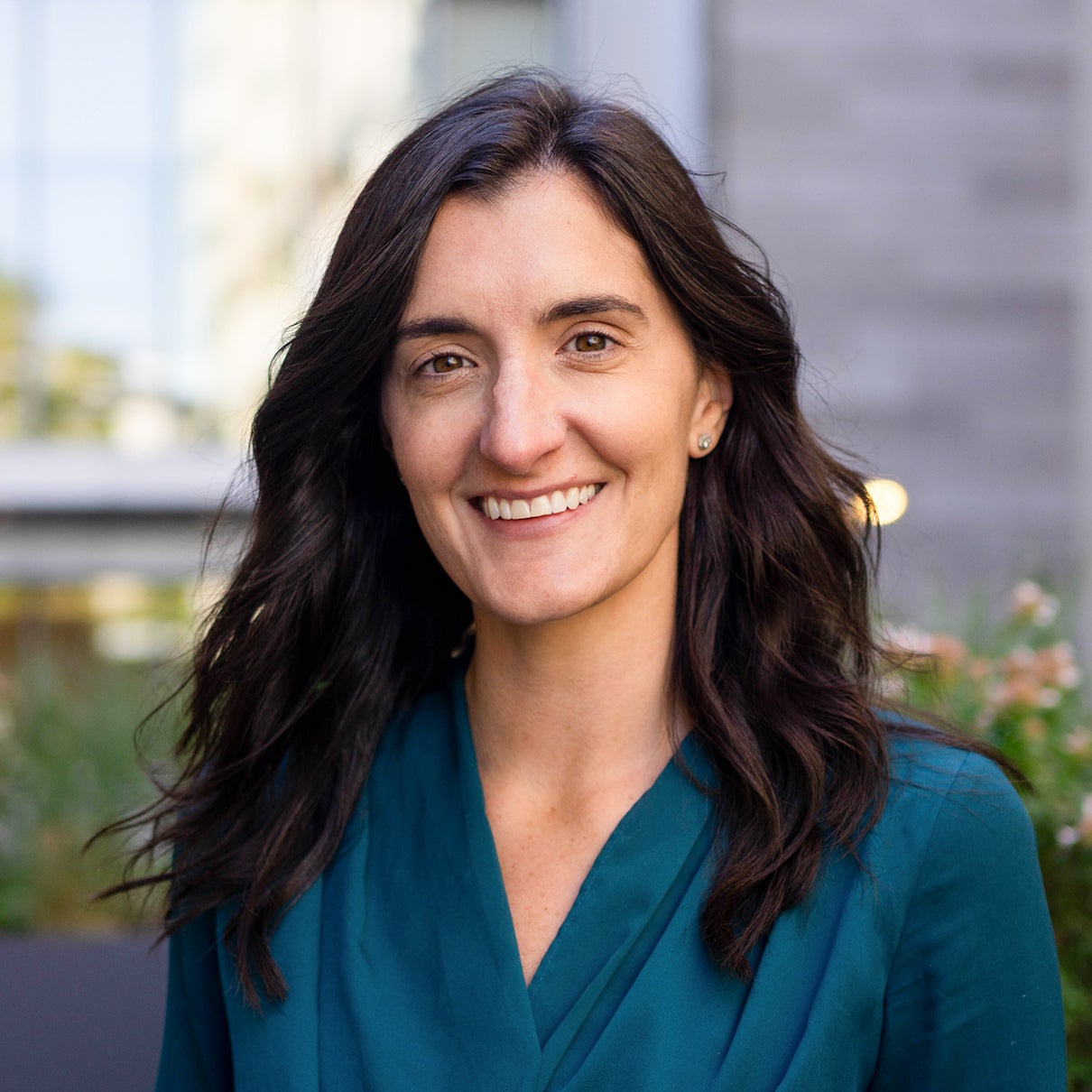Catherine Aiken is the Director of Data Science and Research at Georgetown’s Center for Security and Emerging Technology (CSET). She was previously CSET’s survey specialist, designing and leading all of the Center’s survey and other human-subjects research. Before joining CSET, she was at the University of Maryland, where she completed her doctorate and taught courses in political science and research methodology. Her research explored non-mainstream political action, and she has conducted research for the International Crisis Behavior Project, Cross-Domain Deterrence Project, and Johns Hopkins Applied Physics Laboratory and taught at the National Consortium for the Study of Terrorism and Responses to Terrorism. Catherine holds a B.A. from the University of Rochester and a Ph.D. in political science from the University of Maryland.
Related Content
This new report summarizes a March 2025 workshop hosted by CSET and ORCA, with support from NSF. The workshop brought together more than 30 experts to discuss advancing open science and metascience, and brainstorm how… Read More
Opposing narratives around AI for biotechnology raise the question: how are biotech researchers actually using AI in published research? CSET’s Steph Batalis, Catherine Aiken, and James Dunham explored this question by leveraging CSET’s merged academic… Read More
This paper presents two new methods for identifying research relevant to emerging technology. The authors developed and deployed technology topic classification and targeted research field scoring over a corpus of scientific literature to identify research… Read More
CSET submitted the following comment in response to a Request for Information (RFI) from the Department of Commerce regarding 89 FR 27411. Read More
Comment on NSF RFI on Developing a Roadmap for the Directorate of Technology, Innovation, and Partnerships (TIP)
July 2023CSET submitted the following comment in response to a Request for Information (RFI) from the National Science Foundation (NSF) about the development of the newly established Technology, Innovation, and Partnerships (TIP) Directorate, in accordance with… Read More
Progress in artificial intelligence (AI) depends on talented researchers, well-designed algorithms, quality datasets, and powerful hardware. The relative importance of these factors is often debated, with many recent “notable” models requiring massive expenditures of advanced… Read More
As technology competition intensifies between the United States and China, governments and policy researchers are looking for metrics to assess each country’s relative strengths and weaknesses. One measure of technology innovation increasingly used by the… Read More
Catherine Aiken’s Testimony before the National Artificial Intelligence Advisory Committee
October 2022CSET's Catherine Aiken testified before the National Artificial Intelligence Advisory Committee on measuring progress in U.S. AI research and development. Read More
This Classifying AI Systems Interactive presents several AI system classification frameworks developed to distill AI systems into concise, comparable and policy-relevant dimensions. It provides key takeaways and framework-specific results from CSET’s analysis of more than… Read More
Testing Frameworks for the Classification of AI Systems
December 2021Director of Data Science and Research Catherine Aiken outlines how she tested frameworks for her report "Classifying AI Systems" in partnership with OECD.AI… Read More
This brief explores the development and testing of artificial intelligence system classification frameworks intended to distill AI systems into concise, comparable and policy-relevant dimensions. Comparing more than 1,800 system classifications, it points to several factors… Read More
The narrative of an artificial intelligence “arms race” among the great powers has become shorthand to describe evolving dynamics in the field. Narratives about AI matter because they reflect and shape public perceptions of the… Read More
Research from a CSET survey reveals that AI professionals are more willing to work with the U.S. military than originally perceived. Read More
“Cool Projects” or “Expanding the Efficiency of the Murderous American War Machine?”
November 2020Is there a rift between the U.S. tech sector and the Department of Defense? To better understand this relationship, CSET surveyed U.S. AI industry professionals about their views toward working on DOD-funded AI projects. The… Read More
Foretell was CSET's crowd forecasting pilot project focused on technology and security policy. It connected historical and forecast data on near-term events with the big-picture questions that are most relevant to policymakers. In January 2022,… Read More
Foretell was CSET's crowd forecasting pilot project focused on technology and security policy. It connected historical and forecast data on near-term events with the big-picture questions that are most relevant to policymakers. In January 2022,… Read More
Since 2016, China has engaged in a nationwide effort to "merge" AI and neuroscience research as a major part of its next-generation AI development program. This report explores China’s AI-brain program — identifying key players… Read More
To better understand immigration paths of the AI workforce, CSET surveyed recent PhD graduates from top-ranking AI programs at U.S. universities. This data brief offers takeaways — namely, that AI PhDs find the United States… Read More
Are great powers engaged in an artificial intelligence arms race? This issue brief explores the rhetorical framing of AI by analyzing more than 4,000 English-language articles over a seven-year period. Among its findings: a growing… Read More
The United States faces increased international competition for top talent in artificial intelligence, a critical component of the American AI advantage. CSET surveyed recent AI PhDs from U.S. universities, offering insights into the academic and… Read More
The United States must collaborate with its allies and partners to shape the trajectory of artificial intelligence, promoting liberal democratic values and protecting against efforts to wield AI for authoritarian ends. Read More

